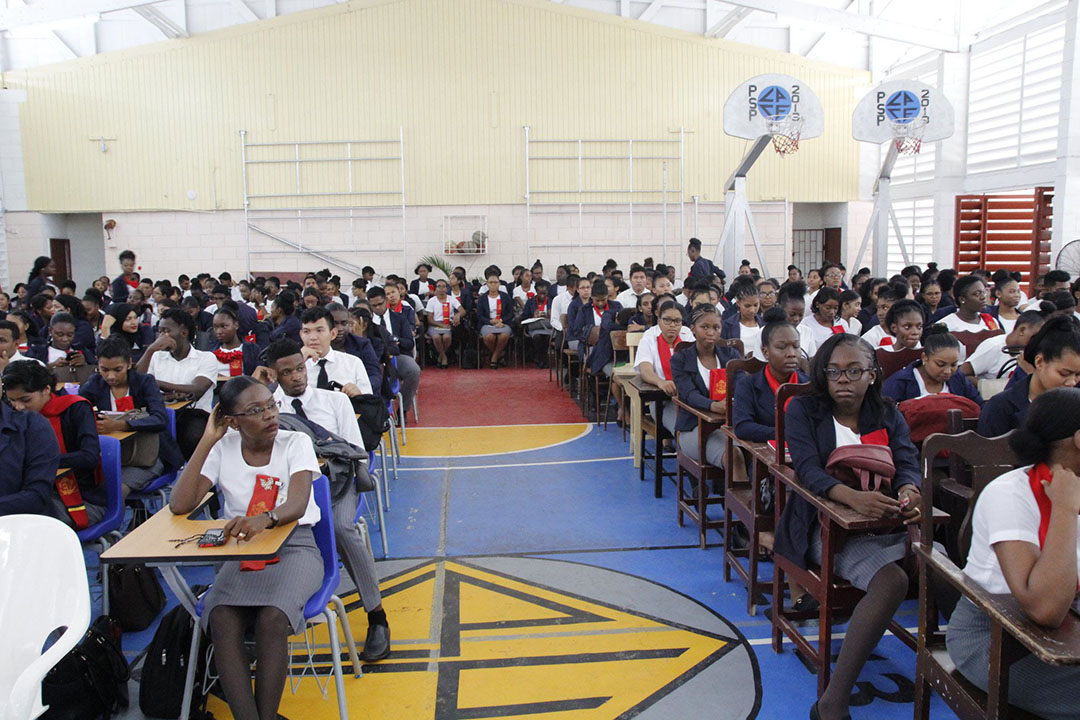There is no mistaking the challenges associated with delivering quality education that matches national aspirations and developmental goals in Guyana. The challenges range from the high and continually rising cost of education delivery in what is still an underdeveloped country, not least the issue of affordability insofar as providing the human and material resources necessary for effective execution of that task is concerned.
Poverty in a number of communities is also barrier to securing access to education. There are still homes in Guyana where economic circumstances limit and in some instances prohibit altogether attendance at school. Increasing the number of school-age children who are exposed to classroom-based, structured teaching is inextricably linked to improving the economic circumstances in their homes.
There are, as well, communities too in which the social environment impacts negatively on the value placed on children receiving an education. There can be no question that the country’s high crime rate and the tender age with which many young Guyanese turn to crime is, in considerable measure, a function of them having had only a limited experience, or sometimes none at all, of a formal school setting and the values that such a setting imparts.

